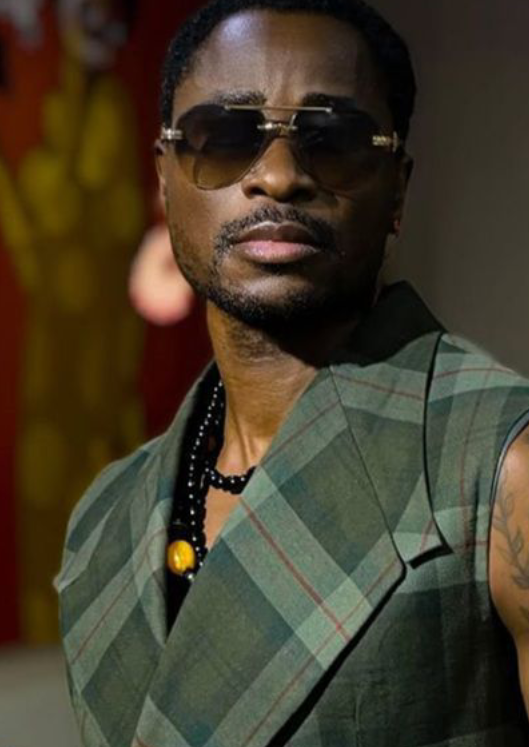
BREAKING: Deka George’s Arrest Sparks Outrage, Renews Debate on Police Priorities in Nigeria

Popular Nigerian content creator and actress, Deka George, has become the latest lightning rod in the growing conversation about police overreach and misplaced priorities in Nigeria.
Her recent arrest—allegedly over a viral online campaign against Rainbow Hairs, a fashion brand—was captured on CCTV footage, showing uniformed police officers storming her location and whisking her away in full public glare.
The incident has ignited a firestorm across social media, not just for the arrest itself but for what it represents: a Nigeria where law enforcement appears more efficient at policing speech than combating real crime.
Many Nigerians are asking hard questions—how can the police swiftly locate and arrest a citizen over a social media post, yet consistently fail to respond to bandit attacks, kidnappings, and herdsmen-related violence?
Deka had reportedly taken to her social platforms to criticize Rainbow Hairs over what she claimed was poor service, eventually securing a refund after the post gained traction.
What followed, however, was not a resolution, but retribution—her arrest, allegedly orchestrated by the offended brand with connections to law enforcement, has been widely condemned as a misuse of power.
This case echoes the larger systemic issues exposed during the End SARS protests in 2020, when thousands of young Nigerians flooded the streets to demand the disbandment of the Special Anti-Robbery Squad (SARS)—a police unit infamous for extortion, torture, and extrajudicial killings.
Though the federal government later announced the dissolution of SARS and the creation of a new unit known as SWAT, many citizens believe that the culture of brutality and impunity remains deeply embedded in Nigerian policing.
Deka George’s arrest fits squarely into that narrative. For critics, this is not just about a woman and a wig business—it’s a reflection of a system that will deploy force over a tweet, but drag its feet when lives are at stake in remote villages or major highways.
As public anger simmers, human rights organizations are calling for Deka’s immediate release, transparency about the charges against her, and a broader investigation into the abuse of police power in such civil matters.
Legal analysts are also raising concerns about the influence of wealthy or connected individuals in weaponizing law enforcement against critics or perceived opponents—essentially turning the police into a tool of intimidation rather than protection.
This latest episode once again underlines the dangerous intersection between social media activism and state authority in Nigeria. While platforms like Instagram and X have become outlets for consumer advocacy, whistleblowing, and civic expression, they are also becoming traps where users can easily fall afoul of powerful interests—with the police acting as the enforcers.
For now, Nigerians continue to wait. Not just for Deka’s release, but for the day when the same energy used to arrest influencers is directed towards arresting real criminals.
Watch the video below
CCTV shows the moment men of the Nigerian Police arrested Deka George. Deka George, the lady who went viral for calling out Rainbow Hairs for 30 days nonstop, stopped after she was refunded🙆😳 pic.twitter.com/fAHDFzX1NE
— CHUKS 🍥 (@ChuksEricE) July 26, 2025
Twitter Post
Visit websiteBusterblog.com will continue tracking this story.


